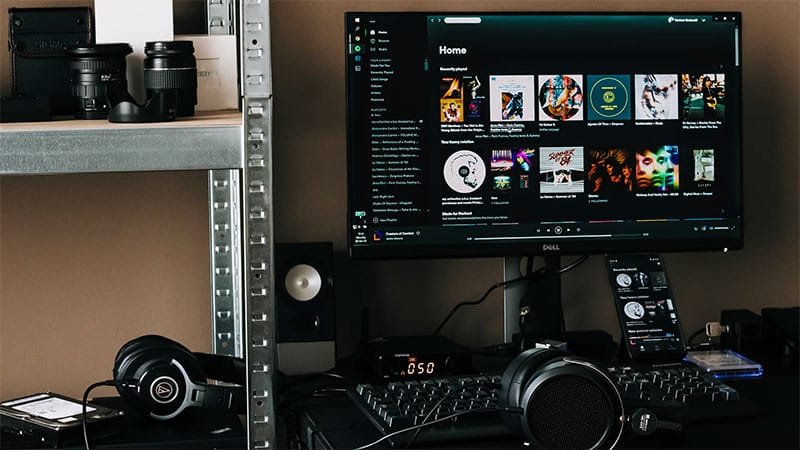Music has existed in one form or another since mankind first learned to appreciate that striking certain objects or creating specific tones would create memorable sounds. As you can imagine, the types of music have evolved over thousands of years. From the bards of the Middle Ages to the rich chords associated with the Baroque period and well into the electronic age, these changes have essentially reflected the status of society as a whole. However, most experts will observe that the dawn of the Information Age has permanently changed the music industry as a whole. Some advancements are positive and others may be decidedly negative. Let us take a look at some of the benefits and drawbacks associated with the relationship between the Internet and music in general.
An Unbridled Source of Inspiration and Entertainment
Professional musicians of the past will often tell stories of how and when they first began to realize their passion. Most involved heading to the local record store to purchase a new album or tuning into a radio station in hopes of catching their favorite song. Anyone who grew up in the 1980s and 1990s is well aware of how “mix tapes” became so incredibly popular. Unfortunately, it could often be difficult to find what they were looking for.
Thanks to the internet, millions of songs are now only a click away. From free portals such as YouTube to paid services including Spotify and Amazon Music Unlimited, the choices are nearly endless. Not only can this provide an excellent source of inspiration for budding musicians, but many other websites have leveraged such availability. From role-playing platforms to portals which offer chances to win money by playing games including progressive slots and poker, it seems as if music is everywhere.
At the Expense of the Artists?
Similar to technological revolutions in the past, the presence of music across the Internet is also associated with a handful of downsides. The most notable is the ability for some users to download a copyrighted track at no charge (the rise and fall of Napster is a perfect example). This can cause very real problems, as why would a consumer purchase an album if it could be downloaded from the digital domain in a matter of minutes?
Furthermore, some artists have claimed that the quality of the music itself has been somewhat “watered down” due to the sheer number of musicians on the market. This is also why a handful of well-known groups are still hesitant to make their tracks available on popular sharing services.
The main question to ask involves whether or not music as a whole has benefited or suffered from the rise of the digital domain. This is a rather subjective query, as the answer tends to involve the perspective of the artist as well as if he or she views the Internet as a worthwhile medium to explore. Either way, it is a foregone conclusion that the age of digital music is not going anywhere in the near future.




